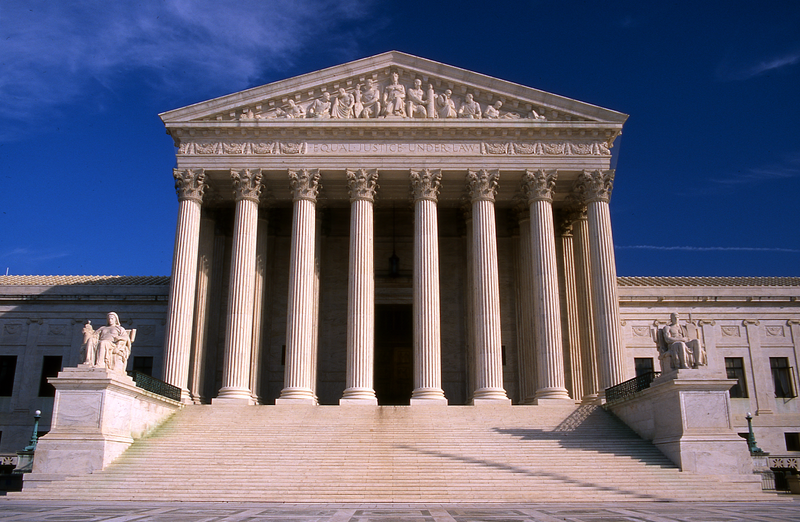Washington, D.C. — The Supreme Court of the United States ruled today with Illinois home health care workers who wanted out of their mandated union fees, but stopped short of revering court precedent and decimating public employee union membership.
In a 5-4 ruling that featured Justice Samuel Alito authoring the majority, the court issued a narrow ruling applying largely to part-time state employees that work from home. Alito and his fellow justices essentially ruled that Illinois could not compel the home health care employees pay representation fee to labor unions, but stopped short of finding all union dues illegal or unconstitutional – a major concern for organized labor as the case moved through the court system.
The decision marks a blow, but not a fatal one, to the organized labor movement. With the court finding that not all individuals making a salary on the state payroll can all be classified as the same public employee, more legal challenges to mandatory dues are likely to arise in other states.
In Missouri, Republicans have fought for several years to enact “paycheck protection” legislation that would prohibit any public employee union from collecting voluntary fees. The bills have generally died on the desk of Democratic Gov. Jay Nixon or in the Senate.
Missouri AFL-CIO Secretary Treasurer issued the following statement on the ruling:
“The extreme views of today’s Supreme Court aimed at home care workers are bad for all workers and the middle class. But the attacks on the freedom of workers to come together are nothing new. They are simply a continuation of attacks by anti-worker organizations hostile to raising wages or improving benefits for millions of people. Home care workers do backbreaking, thankless work, often for low wages. By forming a union these workers are helping to combat income inequality and the rise of low wage jobs, ensuring that these are good jobs with good benefits. The fate of workers cannot and will not be decided by one Supreme Court decision. The Court upheld the right of public employees to have strong unions and workers will vigorously build on that foundation.”
Supporters of so-called Right-to-Work and Paycheck Protection laws will likely be galvanized by Alito’s ruling, which apart from opening the door to further litigation, also explicitly calls on the court to consider re-examining its precedence on public employee union dues — an ominous foreshadowing of rulings to come for organized labor.
Rep. Eric Burlison, a vocal supporter of Right-to-Work laws, tweeted not long after the ruling that Missouri should “extend the Right to Work” to all Missourians.
Collin Reischman was the Managing Editor for The Missouri Times, and a graduate of Webster University with a Bachelor of Arts in Journalism.




